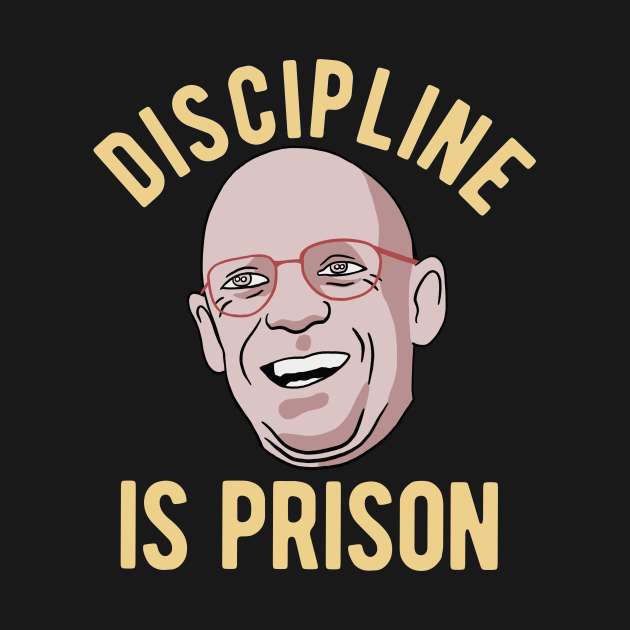


These rules make up the framework that Foucault seems to think and work within.

What he emphasizes early on and is present throughout his writing are four key rules. He labels what he does as a genealogy of the modern soul. It attempts to show the complexities of the origin of the modern prison as a structural and institutional system of power and how it manifests through what Foucault calls discipline and social order. Neither solely a work of history nor philosophy,, the text is filled with a maze of paradoxes, sometimes contradictions in an appropriate Foucauldian manner. In Discipline and Punish, Foucault offers a vigorous discussion and analysis of several themes including torture, discipline, punishment, control, and power. “Michel Foucault’s Discipline and Punish: then and Now” Some intellectuals explicitly state their intentions, while others are subtler in and relatively removed from what they write about.ĭon't use plagiarized sources. This position has always stirred conversation-to many, there is a balance that intellectuals have to find while addressing certain topics of society and life. It is up to the people to choose whether they can and have the will to use it to act. He says his job is to simply gather information and present it. As an intellectual, he refuses to speak for others. The actual work that is to be done, in his opinion, must be led by those directly affected. Instead, he wants to serve as a resource for truth and knowledge. He is firmly against telling people what they must do and what is good or bad. In an interview, titled Clarifications on the Question of Power, Foucault explains how he refuses to consider himself a prophet and does want to be considered one (262). One of the most glaring features of Michel Foucault’s philosophical attitude is how he views the political role of intellectuals-which he conveys throughout his work.


 0 kommentar(er)
0 kommentar(er)
